Top Experts in Technology, Health, International Law and More to Teach and Mentor at UC Law SF
Eight experts in various fields, including artificial intelligence, criminal law, and health law, are joining UC Law San Francisco this year as new faculty members and visiting assistant professors. All top scholars and practitioners in their fields, they are expanding the College’s already deep bench of talented teachers and researchers with expertise in multiple practice areas.
The new faculty members include Professors Prithika Balakrishnan, Benjamin Barsky, George Horvath, Moria Paz, and Kate Weisburd. They are devoted educators and leaders in important and emerging areas of law, and their research seeks to answer pressing legal questions, including:
- How certain technologies can amplify inequity in the criminal justice system.
- How laws and regulations can promote safety and innovation in the health care industry.
- How criminal law enforcement, inequality and health inequities are related.
- How vulnerable migrants and refugees navigate complex systems of international immigration laws.
“We are thrilled to welcome such a distinguished group of experts to UC Law San Francisco,” said Chancellor & Dean David Faigman. “Their work advances legal scholarship and addresses critical societal challenges, and their teaching will prepare our students to tackle the complex legal issues of tomorrow.”
Learn more about our new faculty members and visiting assistant professors below.
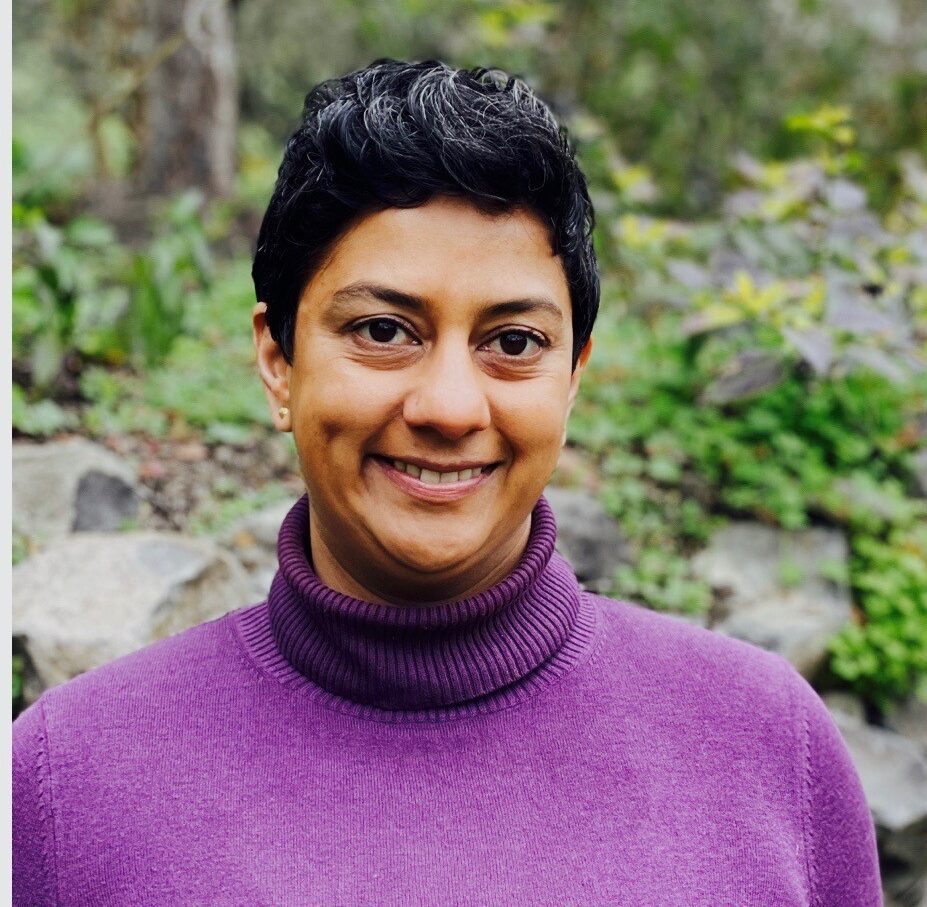
Prithika Balakrishnan leads the Criminal Practice Clinic at UC Law SF and researches issues involving technology and racial inequality in the criminal justice system.
Drawing on over 10 years of experience as a public defender, Professor Balakrishnan focuses her research on the interlaced issues of criminal law, technology, and race. Most recently in a forthcoming paper, she explores how GPS monitoring of pretrial defendants is “radically changing the presumption of innocence” and “amplifying racial disparities” in the criminal justice system.
“Technology is something that has transformative effects and calls on us to evaluate what it is we truly hold as important,” she said. “As technologies progress, what is in the realm of the possible changes. And as a community, we must negotiate what to do with the new abilities that technology offers us.”
Balakrishnan has served as a visiting professor directing UC Law SF’s Criminal Practice Clinic since 2022, through a rotating professorship with the Center for Racial and Economic Justice. Balakrishnan, who earned her J.D. from Yale University, said she has enjoyed teaching “hardworking UC Law SF students who are dedicated to criminal justice” and looks forward to formally joining the College’s robust intellectual community of faculty members.
She will continue teaching the Criminal Practice Clinic and will also teach Criminal Law to first-year students starting in the 2024-2025 academic year.
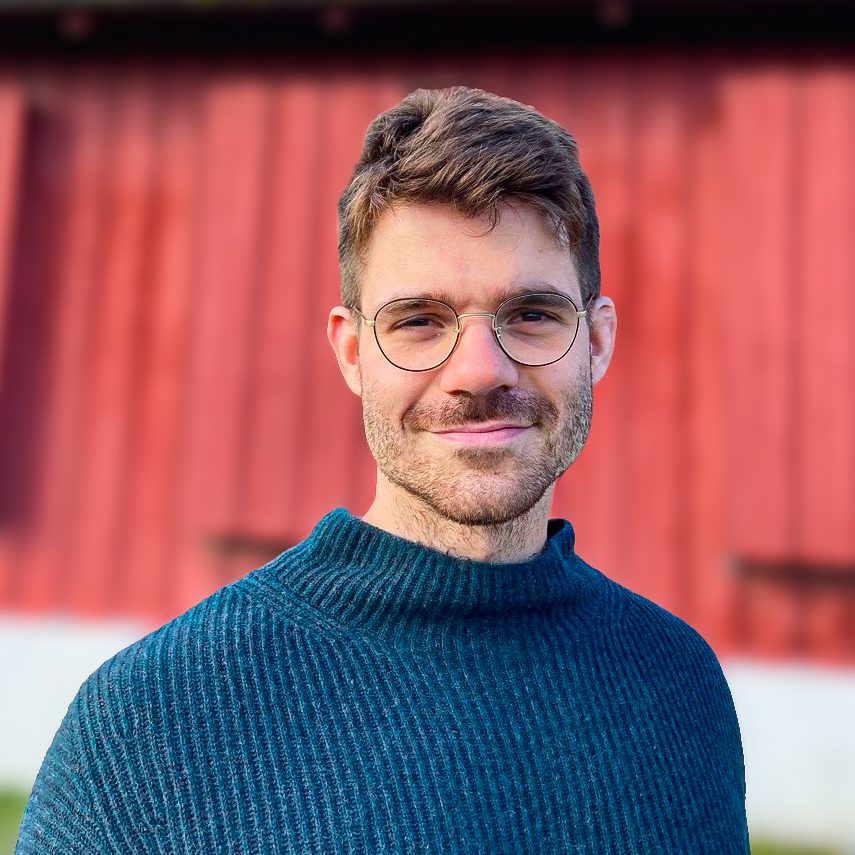
Benjamin A. Barsky draws on his training as a lawyer and health policy researcher to shed light on the connections between law, health, and inequality.
Benjamin A. Barsky
A scholar working at the intersection of law, health care policy, and public health ethics, Professor Barsky currently leads many research projects that explore how criminal law enforcement shapes health and wellbeing. With support from funders that include the Commonwealth Fund, the National Institute on Drug Abuse, and the Robert Woods Johnson Foundation, his research tackles critical issues including telemedicine and the U.S. overdose crisis, health and incarceration, and non-police responses to behavioral health crises. His training as a lawyer and health policy researcher brings a unique, empirically informed perspective to the study of law.
“I hope that my students will come to appreciate the profoundly important connection between law, health, and inequality in the United States and beyond,” he said. “And I hope that I can play a role in equipping them with the tools, both intellectual and practical, that will help them make their communities better, healthier, and more just places.”
Barsky is currently a fellow at the Harvard Law School Project on Disability at Harvard Law School, the Edmond & Lily Safra Center for Ethics at Harvard University, and the Center for Public Health Law Research at Temple University. He earned his J.D. from the University of Pennsylvania Carey Law School and his Master of Bioethics from the University of Pennsylvania Perelman School of Medicine. Already a standout in his field, Barsky expects to earn his Ph.D. in health policy from Harvard this fall.
At UC Law SF, he will teach criminal law, health law, and a seminar on health law and policy.
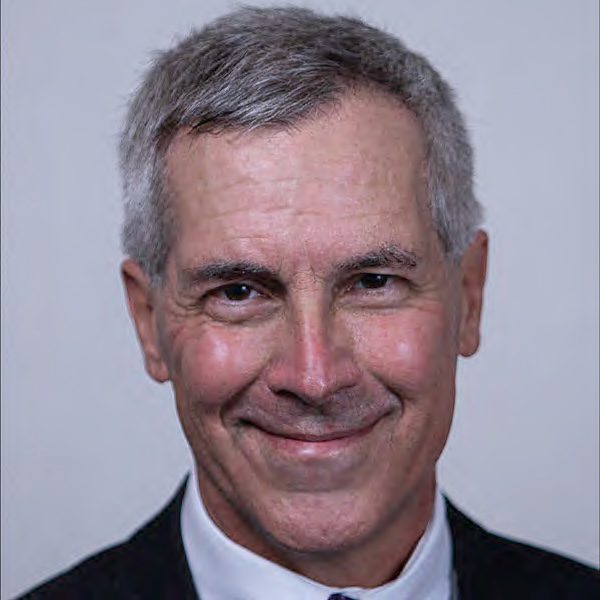
George Horvath explores the impact of laws and regulations on safety and innovation in the health care industry.
George Horvath
With a background in medicine and law, Professor Horvath focuses on the intricate intersections of health care delivery and regulation, particularly in FDA oversight of medical devices and drugs. A former cardiologist, his legal research examines how laws and policies affect some of the most important aspects of the health care industry.
“Every one of us will likely be dependent on a drug or a device for our lives or our health some day,” he said. “That’s why it’s critical to ensure that FDA and other regulators strike the right balance between ensuring the safety of and facilitating the innovation of medical devices and prescription drugs.”
With a J.D. from UC Berkeley School of Law and an M.D. from Temple University Medical School, Horvath’s career has spanned academia and medicine, with notable contributions in both fields. He previously served as an Assistant Professor at the University of Akron School of Law.
At UC Law SF, he will teach courses including Patients, Providers, and the Law; Health Law & Policy Seminar; and Torts.
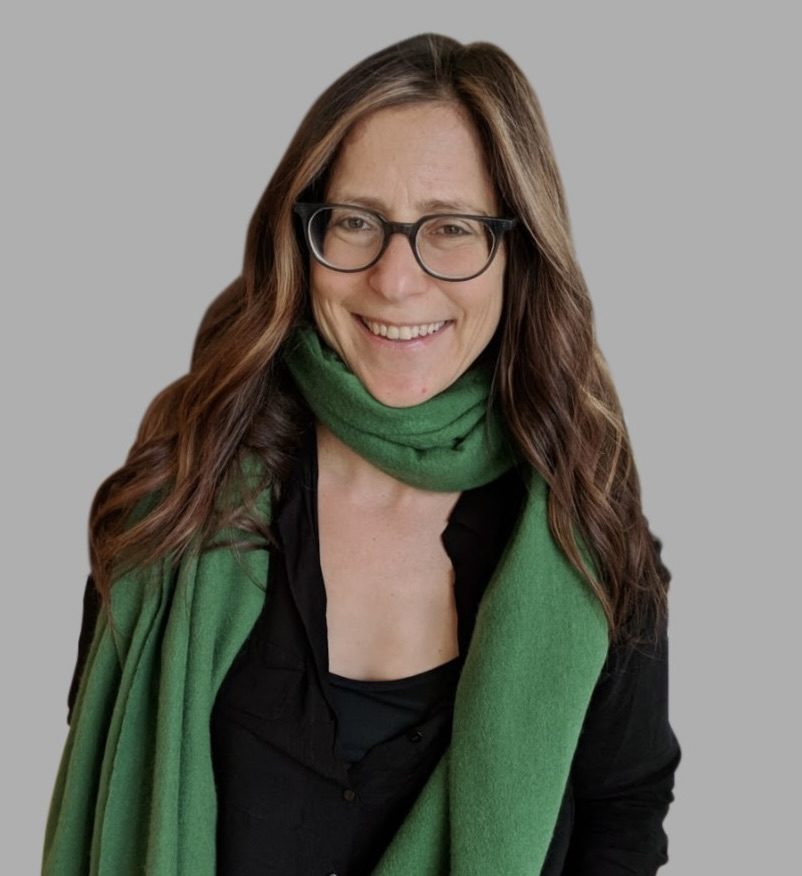
Moria Paz is an expert in international law with a passion for spreading knowledge about the rights and experiences of minorities, migrants, and refugees.
Moria Paz
An award-winning scholar of international law, Professor Paz centers her research on the rights and experiences of minorities, migrants, and refugees at a time of rising anti-immigrant sentiment in many Western democracies. Her work explores the efforts of individuals and nonstate entities to carve out a space in the international human rights system, with a goal of better understanding the limits and possibilities of using extraterritorial law to protect the interests of individuals and minority groups.
“Today, we are grappling with rising tensions between the values of nationalism and globalization, populism and multiculturalism, mass migration (both voluntary and forced) and tribalism,” she said. “I hope that my research can provide some insights about the evolving nature of our twenty-first century democracies.”
Paz previously served as a visiting scholar at UC Berkeley School of Law and a lecturer and teaching fellow at Stanford Law School. She holds an LL.M. and S.J.D. from Harvard University. Paz said she is excited to join the faculty at UC Law SF, which she said demonstrates a commitment to diversity, excellence in education, and fostering strong connections to important causes and legal institutions.
She will teach the law school’s foundational course on international law and enhance the law school’s existing bench of international law scholars.
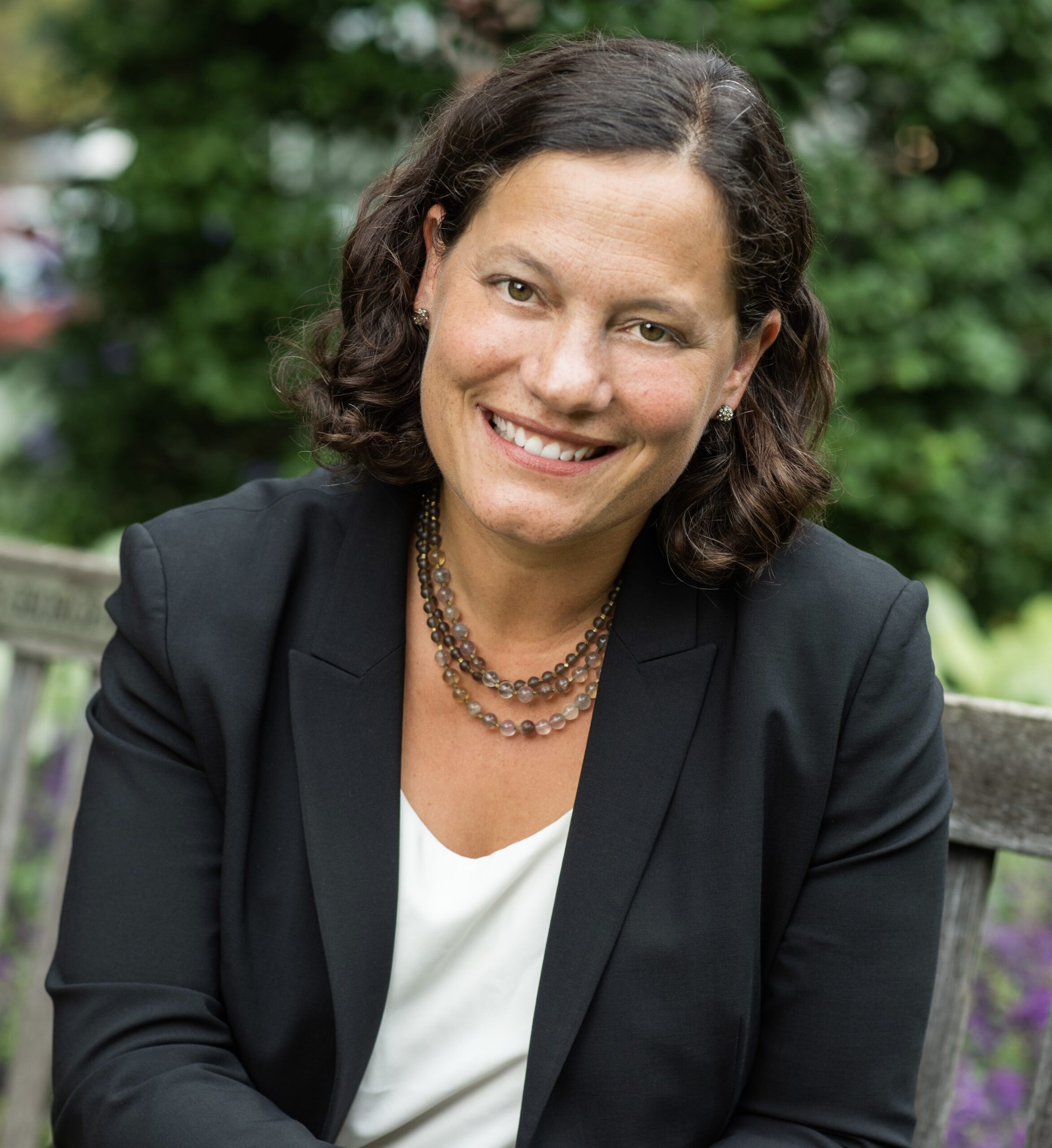
Kate Weisburd focuses her research on how changes in the criminal justice system affect real people, their privacy and social inequality.
Inspired by years of defending people in criminal court, Professor Weisburd uses empirical research and doctrinal analysis to examine how changes in criminal procedure and punishment affect real people, their privacy, and societal inequity. Formerly an associate professor of law with tenure at George Washington University, Weisburd has won numerous awards for her teaching and research, including investigations into the use of surveillance technology to monitor people on probation and parole – which she sees as “an alternative form of incarceration,” rather than an alternative to incarceration.
“I don’t want my research to gather dust on a shelf,” she said. “Instead, I hope it offers insight and help to judges, lawyers, organizers, policymakers and advocates. One of the greatest privileges of being a law professor is having the time and resources to conduct research, and I want my research to have an impact.”
Weisburd, who graduated from Columbia Law School, founded and directed the Youth Defender Clinic at the East Bay Community Law Center, part of the clinical program at UC Berkeley School of Law, where she taught and supervised law students representing young people in juvenile court and school discipline proceedings. She previously served as a supervising attorney for UC Berkeley’s Death Penalty Clinic, where she represented clients in trials, appeals, and post-conviction proceedings.
At UC Law SF, she will teach 1L Criminal Law and the Criminal Practice Clinic.
New Visiting Assistant Professors
Blaine Bookey ’09, Zac Henderson, and Natalia Ramírez Lee are coming on board as new visiting assistant professors. In these positions, they will teach law and engage in academic research while receiving mentorship and support from veteran law professors and scholars. Each plans to explore contemporary and important legal issues, including:
- How transitional justice efforts in Haiti, following a 2021 presidential assassination, can support more durable change.
- How the U.S. can better implement international norms that protect refugees and women fleeing gender violence through its laws and policies.
- How artificial intelligence laws and regulations can impact innovation in the technology and health care sectors and affect U.S. national security interests.
- How laws and regulations can better protect workers, including women and workers of color in low-wage jobs, from caregiver discrimination and other forms of workplace bias.
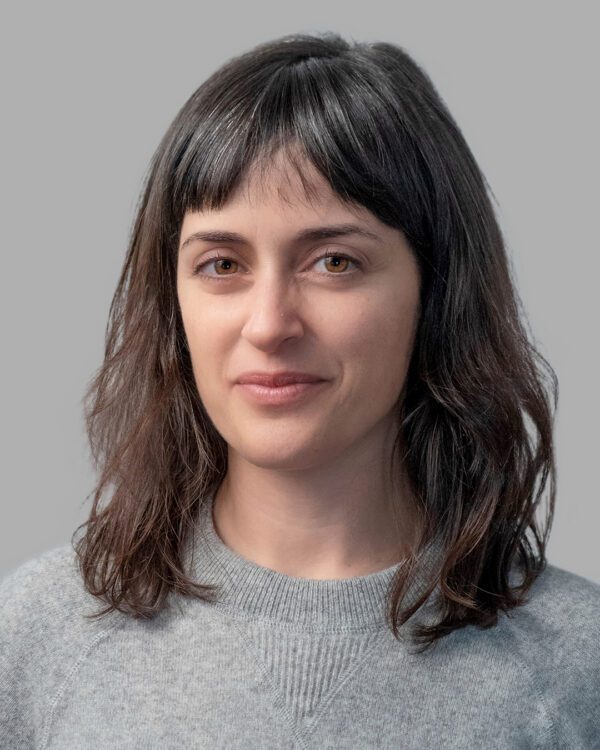
Blaine Bookey ’09 is an expert on international human rights who has led efforts on multiple fronts to disseminate knowledge about the rights of refugees under U.S. and international law.
Blaine Bookey ‘09
Bookey is an expert in international human rights and refugee law. Since 2011, she has served as legal director of the Center for Gender and Refugee Studies (CGRS) at UC Law SF, leading the center’s strategic litigation, policy advocacy and research efforts. As an adjunct professor, she has taught international human rights courses and advanced seminars on urgent justice issues in Haiti. In the 2024-2025 academic year, she will take on a new role as visiting assistant professor at UC Law SF. She plans to research transitional justice issues in Haiti and factors that influence decision-making in women’s asylum cases in the U.S.
“My research aims to shed light on human rights issues, including whether and how U.S. laws can protect people fleeing gender persecution and how transitional justice efforts under way in Haiti can be responsive to civil society perspectives,” she said. “I hope it can provide some guidance to different stakeholders and the people most impacted by these legal issues.”
Bookey won the prestigious David Carliner Public Interest Award from the American Constitution Society in 2016 and was named one of the “Top Women Lawyers in California” by the Daily Journal in 2020. She earned her J.D. at UC Law SF and expects to graduate this fall with a master’s degree in international human rights from Oxford University. She said her teaching aims to give students a better understanding of international human rights, which can enhance the practice of domestic laws in ways that advance justice.
She will teach international human rights law and other international law courses.
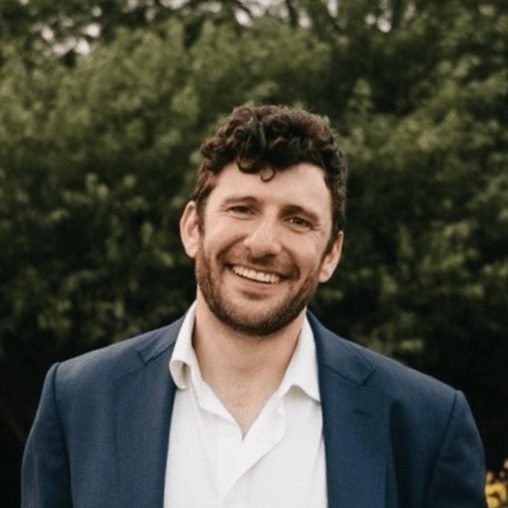
Zac Henderson is an expert on the development of laws, regulations, and policies for artificial intelligence and other technologies that are reshaping the modern world.
Henderson has helped UC Law SF’s Center for Innovation (C4i) lead the way in artificial intelligence, advising on AI-related legal and regulatory matters in his service since February as an affiliated scholar. Starting in the 2024-2025 academic year, he will become a visiting assistant professor with C4i. He plans continue advising the center and its new AI & Law Innovation Institute while pursuing groundbreaking research on emerging technologies and the law.
“Innovation inevitably raises important and often surprising legal and ethical questions, most of them interdisciplinary, and all of them interesting,” he said. “As a technology lawyer, I have an opportunity to join the many important debates and discussions we have ahead of us as a society—and I find that work endlessly compelling.”
Henderson said his passion for technology law stems from his belief in the transformative power of innovations in health care, AI, robotics, space technologies, and more. He currently serves as general counsel of Levels, a digital health company that helps its members see how food and exercise affect their health in real time. He designed and implemented the company’s AI policies, among many other duties. He is also a charter member of the L Suite, formerly Tech GC, an exclusive network for GCs in high-growth companies across the U.S. and internationally.
A graduate of the University of Chicago School of Law, Henderson previously worked as a litigator for Kirkland & Ellis and spent two years clerking for the U.S. Court of Appeals for the Seventh Circuit. He looks forward to mentoring students who are interested in technology law careers.
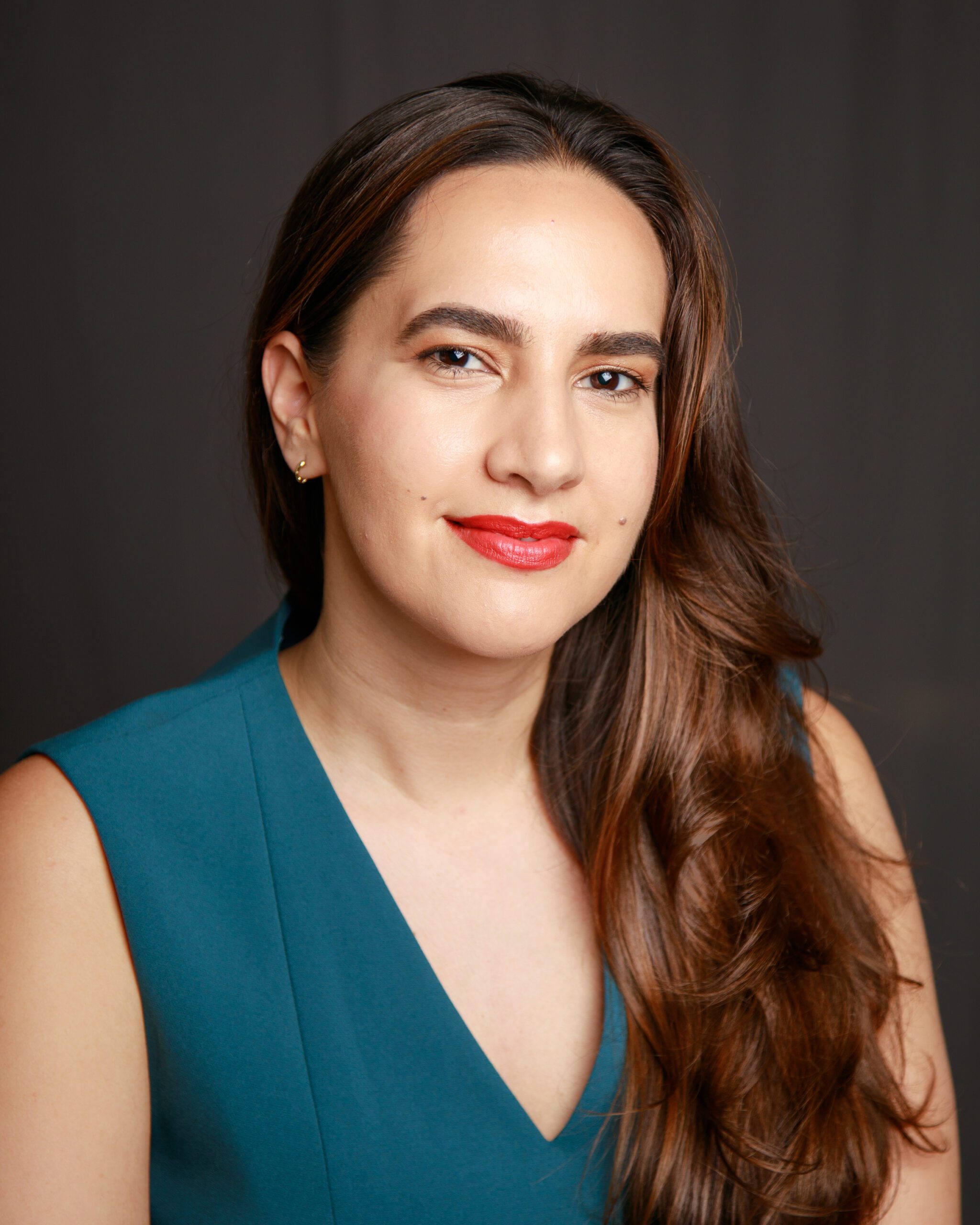
Natalia Ramírez Lee is an expert on workers’ rights who will teach and research issues at the intersection of employment law, economic inequality, and racial and gender justice.
Ramírez Lee has spent years fighting for equality in the workplace and helping underrepresented workers assert their legal rights. Over the next two years, she will serve as the C. Keith Wingate Visiting Assistant Professor through the Center for Racial and Economic Justice (CREJ) at UC Law SF.
Ramírez Lee previously worked as a successful litigator for two boutique employment law firms and co-led the Women’s Employment Rights Clinic at Golden Gate University, where she supervised law students representing low-wage workers in various job-related disputes. At UC Law SF, she will teach and research issues at the intersection of employment law, economic inequality, and racial and gender justice. Ramírez Lee, who earned her J.D. at UC Berkeley School of Law, said she is particularly interested in exploring issues related to caregiver discrimination, which disproportionately affects women workers with family responsibilities.
“I look forward to developing courses and scholarship that center low-wage workers and workers of color,” she said. “I want to situate workplace law in a historical context of racism and inequality to give students and fellow scholars a more nuanced understanding of the complexities of racism and other forms of discrimination and subordination in the workplace.”
At UC Law SF, she will co-teach a fall course on Race, Racism, and the Law and lead an advanced seminar on representing low-wage workers in the spring.